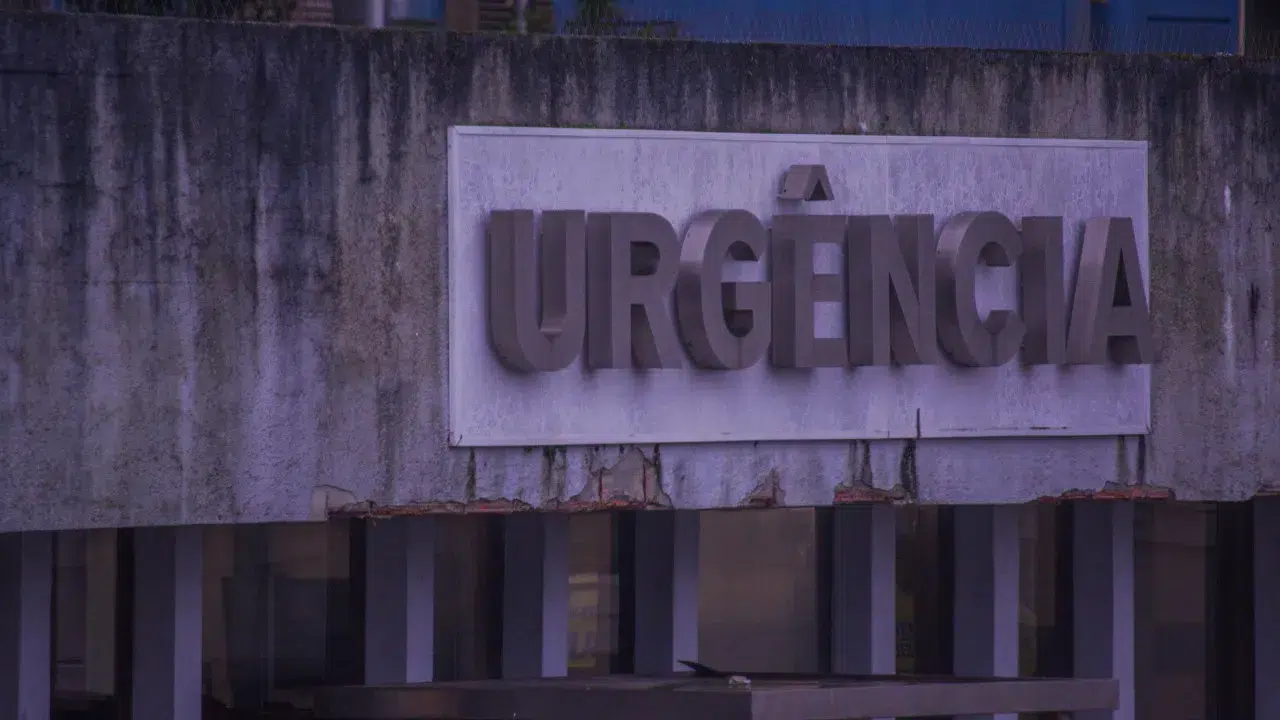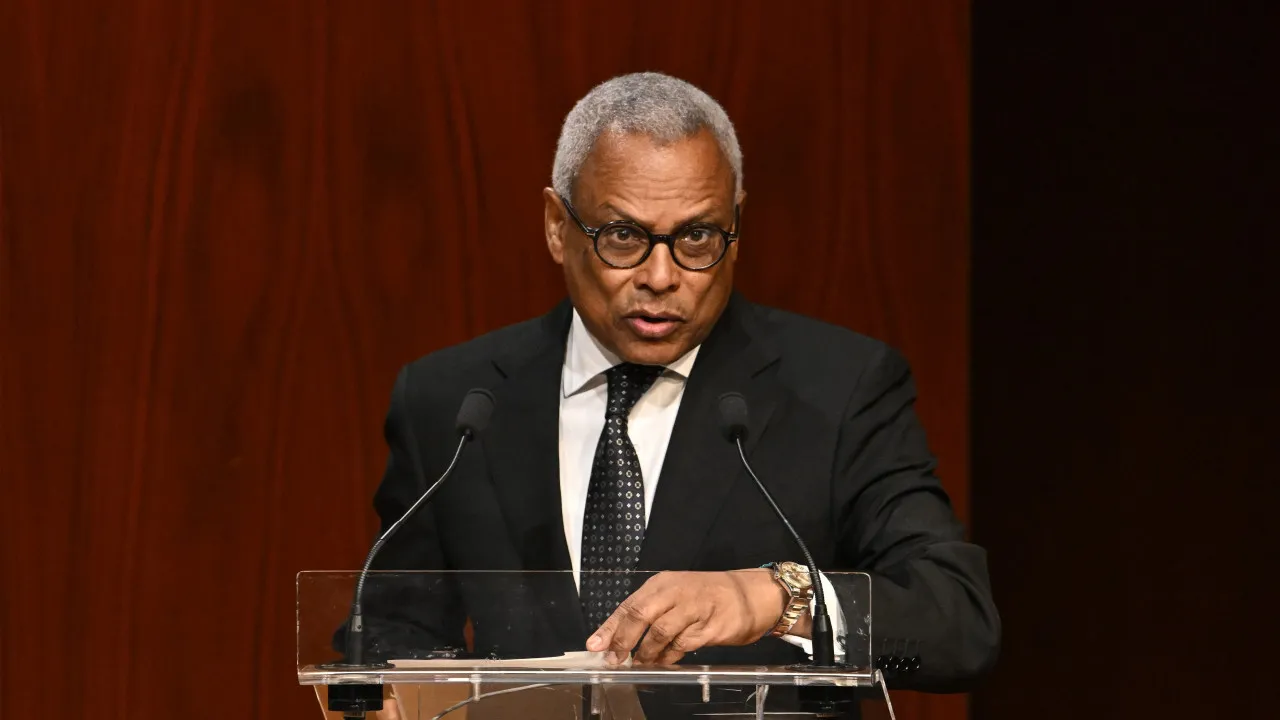According to a statement sent to Lusa, APAJO’s annual study on Portuguese Online Gambling Habits reveals that 41% of players use illegal gaming platforms, despite 90% claiming to know that a license is required to operate in Portugal. The Association points out that there are four illegal operators in the national Top15 of online gaming platforms.
The study, which involved a sample of one thousand people, indicates that the percentage of players who exclusively use licensed platforms does not exceed 60%, a value reached in the 2022 survey, after being below 50% in the first years.
“The scenario is even more serious if we look at the 18-24 and 25-34 age groups, where the exclusive use of licensed operators does not exceed 52.1%,” the Association emphasizes.
For Ricardo Domingues, president of APAJO, “licensed operators, legislators, and regulators must aim for a greater preponderance of exclusively legal online gambling, I would say never less than 80% of users.”
The leader believes it is possible to achieve this goal “in a relatively short time with the right measures to combat illegal operators and evolve licensed products.”
The Association states that the study’s methodology identifies who actually plays on licensed or illegal operators and separately asks players to declare if they bet on unlicensed platforms.
“This approach allows us to assess to what extent players are aware of the status of the sites and applications they use. Of those who play on illegal platforms, only 37.7% say they do so. The majority, the remaining 62.3%, declare either not playing on illegal operators or not knowing if they do,” APAJO describes.
Ricardo Domingues warns of the risks that users of illegal platforms face.
“At this moment, illegal operators are mostly obscure projects that ostensibly try to exploit the ease with which they can reach Portuguese audiences while avoiding all consumer protection rules and tax payments. This type of organization puts players at all kinds of risks, from their balances to their personal and financial data, and they even have predatory behaviors with vulnerable audiences,” he emphasizes.
The APAJO leader argues that it would be decisive to prevent the promotion of these operators on social networks and through influencers and sponsored articles in Portuguese media, as well as to make it impossible for payment methods such as Multibanco and MBWay to be available.
The study indicates that the main reasons for preferring unlicensed platforms, according to their users, are higher bonuses, higher odds, a greater offer of games and other products.
Ricardo Domingues argues that if legislation allows for evolution, more players will be channeled into the regulated market. “The products and functionalities that Portuguese players identified in the study have been available for some time in other regulated European markets,” he points out.
In APAJO’s survey, 71.5% of respondents claim to spend up to 50 euros monthly, most of which spend even less than 25 euros. In the case of players who exclusively play on licensed operators, the percentage that spends up to 50 euros rises to 77.6%.








